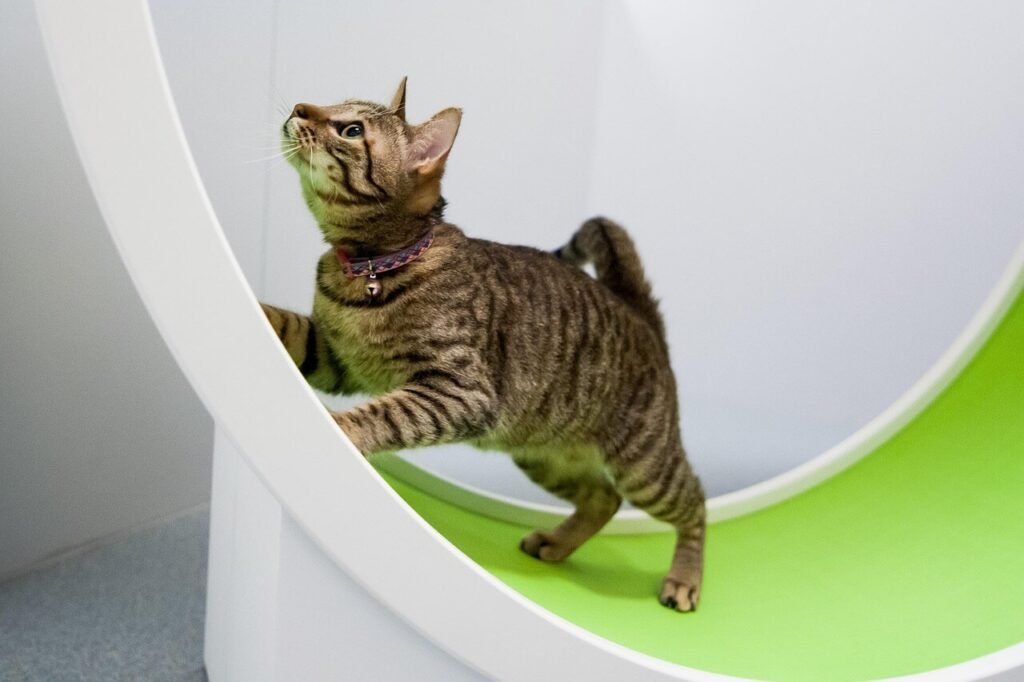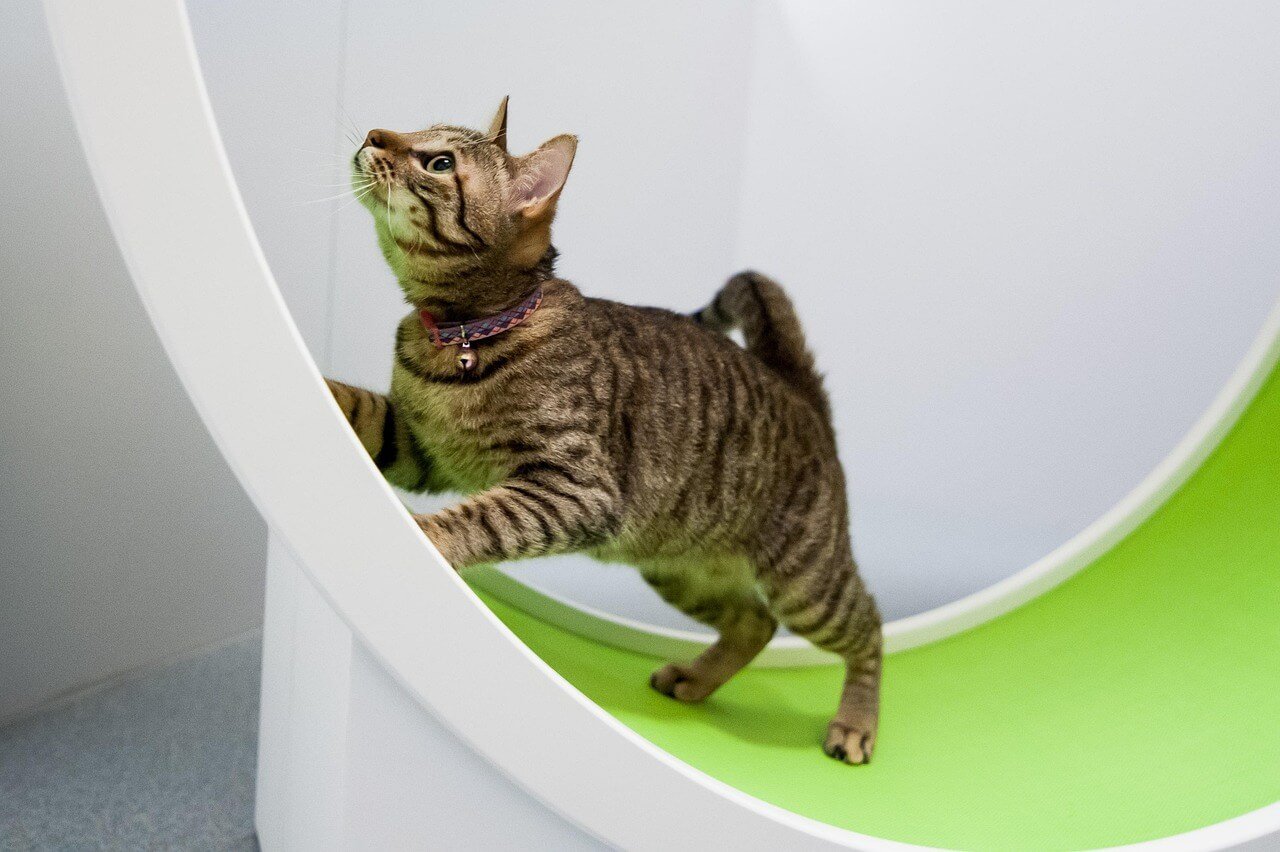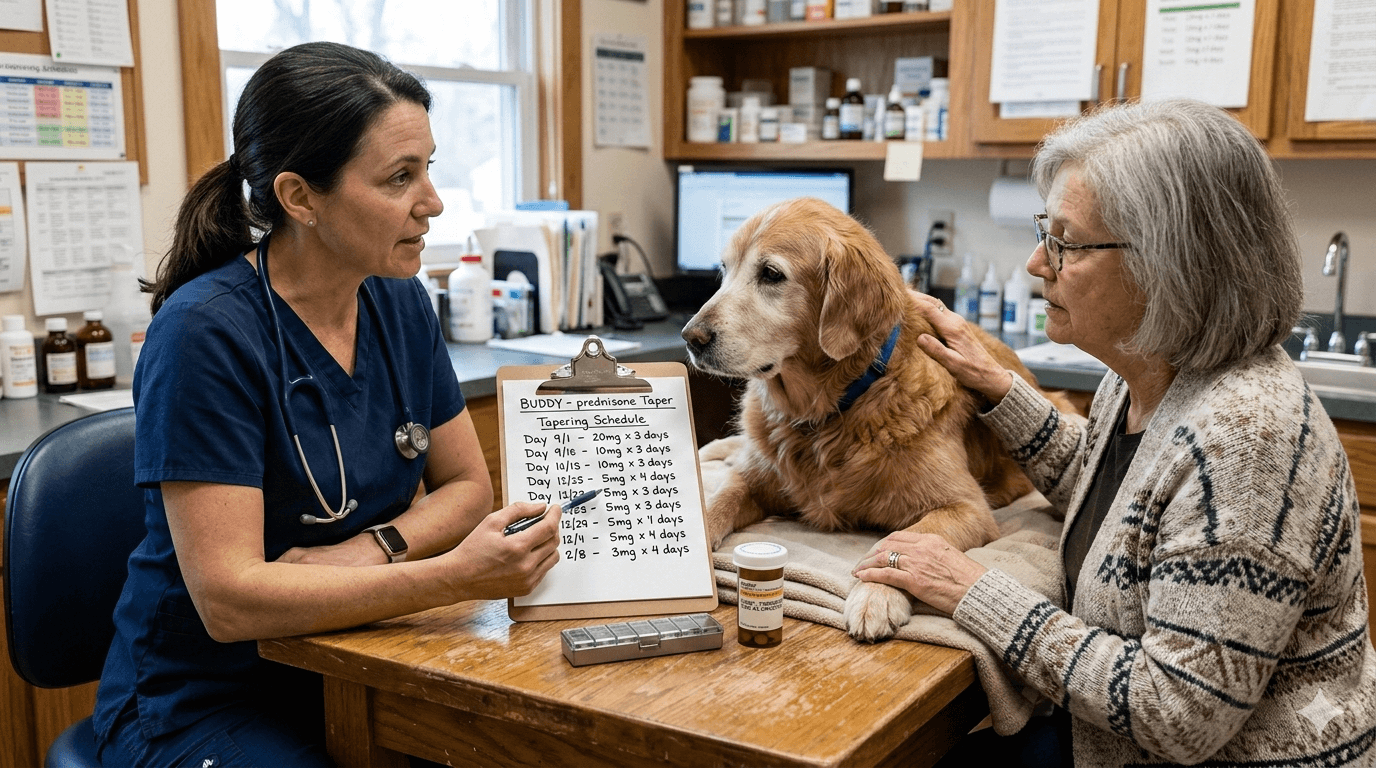Pregnant Cat Behavior: What to Expect and How to Help
If you’ve recently discovered that your cat is expecting kittens, congratulations! This is an exciting yet delicate time for both you and your feline friend. Understanding pregnant cat behavior can help you provide the best care and support during this transformative period. From subtle changes in mood to physical signs of pregnancy, cats exhibit a range of behaviors that signal their needs. In this blog post, we’ll explore everything you need to know about pregnant cat behavior, including tips for creating a safe and comfortable environment. Whether you’re a first-time cat parent or an experienced pet owner, this guide will ensure you’re well-prepared for the journey ahead.
Signs of Pregnancy in Cats: What to Look For
Detecting pregnancy in cats early on can help you prepare for the arrival of kittens. While some signs are obvious, others may be more subtle. Here’s what to watch for when observing your cat’s behavior and physical condition.
Increased Appetite:
Pregnant cats often eat more than usual as their bodies require extra nutrients to support growing kittens.Swollen Abdomen:
A noticeable increase in belly size typically becomes visible around three weeks into the pregnancy.Nesting Behavior:
Your cat may start seeking out quiet, secluded spots to prepare for giving birth, a behavior known as nesting.Behavioral Changes:
Some cats become more affectionate, while others may act withdrawn or irritable due to hormonal fluctuations.Nipple Enlargement:
The nipples of a pregnant cat may enlarge and turn a darker pink, a phenomenon called “pinking up.”
Recognizing these signs early ensures you can provide proper care and attention throughout your cat’s pregnancy. Always consult a veterinarian if you suspect your cat is pregnant but aren’t sure.
Understanding Pregnant Cat Behavior: Key Changes to Watch
As your cat progresses through her pregnancy, her behavior will likely undergo significant changes. These shifts are natural and serve as indicators of her comfort level and needs. Here’s a breakdown of common behavioral patterns exhibited by pregnant cats.
Increased Affection:
Many pregnant cats seek more attention from their owners, often following them around or curling up close for comfort.Irritability or Aggression:
Hormonal changes can make some cats more sensitive or even aggressive, especially if they feel stressed or uncomfortable.Decreased Activity Levels:
As the pregnancy advances, your cat may tire more easily and spend more time resting or sleeping.Vocalization Changes:
Some cats become more vocal, meowing frequently to communicate their needs or discomfort.Protective Instincts:
Pregnant cats may become territorial over certain areas of the house, particularly those they’ve chosen for nesting.
These behavioral changes are normal during pregnancy, but it’s important to monitor them closely. If you notice any extreme or concerning behaviors, consult your veterinarian to rule out potential complications.
Check this guide 👉Why Is My Pregnant Cat So Clingy? Best 7 Behavior Tips!
Check this guide 👉Understanding Pregnant Cat Anatomy: Best 7 Expert Tips!
Check this guide 👉Pregnant Cat Has Bloody Discharge: Best 7 Tips!

Behavioral Changes | What It Might Indicate |
|---|---|
Increased affection | Seeking comfort and reassurance |
Irritability or aggression | Hormonal fluctuations or stress |
Decreased activity levels | Physical strain from carrying kittens |
Vocalization changes | Communicating needs or discomfort |
Nesting behavior | Preparing for labor and delivery |
How to Support Your Pregnant Cat: Practical Tips for Owners
Caring for a pregnant cat requires patience, attentiveness, and preparation. By understanding her needs and making necessary adjustments, you can ensure a smooth and stress-free pregnancy. Here are some practical tips to help you support your feline friend.
Provide a Comfortable Space:
Set up a quiet, warm, and secure area where your cat can rest and give birth without disturbances.Adjust Her Diet:
Offer high-quality kitten food or specially formulated diets for pregnant cats to meet her increased nutritional demands.Limit Stressful Situations:
Avoid introducing new pets, loud noises, or sudden changes in routine, as these can cause unnecessary stress.Monitor Her Health:
Keep an eye on her weight, energy levels, and overall well-being, and schedule regular vet check-ups.Prepare for Labor:
Gather supplies like clean towels, a birthing box, and emergency contact information for your veterinarian.
By following these steps, you can create a supportive environment that promotes your cat’s health and happiness throughout her pregnancy. Remember, your role as a caregiver is crucial during this time.
Common Myths About Pregnant Cat Behavior: Separating Fact from Fiction
Misconceptions about pregnant cat behavior abound, and it’s important to separate fact from fiction to provide the best care. Debunking these myths helps ensure you respond appropriately to your cat’s needs. Here are some common misunderstandings and the truth behind them.
Myth: Pregnant Cats Need Less Attention:
Reality: Pregnant cats often crave more interaction and reassurance from their owners.Myth: All Cats Show Obvious Signs of Pregnancy:
Reality: Some cats exhibit very subtle signs, making it difficult to detect pregnancy without veterinary confirmation.Myth: Pregnant Cats Should Eat Regular Adult Food:
Reality: Pregnant cats require nutrient-rich diets to support fetal development.Myth: Cats Always Know How to Give Birth Naturally:
Reality: While most cats instinctively handle labor, complications can arise that require veterinary intervention.Myth: Pregnant Cats Don’t Need Extra Rest:
Reality: Carrying kittens is physically demanding, and pregnant cats need plenty of rest to stay healthy.
Understanding these truths allows you to provide better care and avoid common mistakes. Knowledge is key to ensuring a safe and successful pregnancy for your cat.
Physical Changes in Pregnant Cats
As your cat progresses through her pregnancy, you’ll notice several physical changes that indicate her body is preparing for birth. These changes are natural but important to monitor to ensure her health and comfort. Here’s what to expect:
Weight Gain:
A pregnant cat will gain weight as the kittens grow, typically increasing by 20-40% of her original body weight.Enlarged Abdomen:
Her belly will expand significantly, especially in the later stages of pregnancy, making movement more challenging.Mammary Development:
Her mammary glands will swell, and you may notice milk production starting a few days before labor.Changes in Gait:
As her abdomen grows, her walk may become slower and more deliberate to accommodate the extra weight.Increased Shedding:
Hormonal shifts can lead to increased shedding, particularly around the belly area.
These physical changes are normal during pregnancy, but any sudden or extreme symptoms should be reported to your veterinarian. Monitoring these signs ensures your cat remains healthy throughout her journey.
Nutritional Needs of Pregnant Cats
Proper nutrition is critical for a pregnant cat to support both her health and the development of her kittens. Feeding her the right diet at each stage of pregnancy can make a significant difference. Here’s how to meet her nutritional needs:
High-Calorie Diet:
Increase her calorie intake gradually, especially during the last trimester when the kittens are growing rapidly.Protein-Rich Foods:
Provide high-quality protein sources like chicken, fish, or specially formulated kitten food to support fetal growth.Frequent Small Meals:
Offer smaller, more frequent meals to accommodate her reduced stomach capacity due to the growing kittens.Calcium Supplementation (If Advised):
Consult your vet about calcium supplements if needed, as they help prevent complications like eclampsia after birth.Fresh Water Access:
Ensure she always has access to clean, fresh water to stay hydrated and support milk production.
Meeting your cat’s nutritional needs during pregnancy lays the foundation for healthy kittens and a smooth birthing process. Always consult your vet before making dietary changes.
Preparing for Labor and Delivery
The final weeks of your cat’s pregnancy are crucial for ensuring she’s ready for labor and delivery. Preparing in advance can help reduce stress for both you and your cat. Here’s how to get ready:
Create a Birthing Area:
Set up a quiet, warm, and secluded space with soft bedding where your cat can feel safe during labor.Gather Supplies:
Have essentials like clean towels, disposable gloves, and a heating pad on hand to assist during delivery if needed.Know the Signs of Labor:
Familiarize yourself with signs like restlessness, nesting behavior, and a drop in body temperature, which indicate labor is near.Stay Calm and Observant:
Keep a close eye on your cat without interfering too much, allowing her to follow her instincts unless complications arise.Emergency Plan:
Have your veterinarian’s contact information ready in case of complications such as prolonged labor or retained placenta.
Preparing for labor ensures you’re equipped to handle any situation that arises while giving your cat the best chance for a safe delivery. Your calm presence and readiness will provide invaluable support during this critical time.
Frequently Asked Questions About Pregnant Cat Behavior
How long does a cat’s pregnancy last?
A typical feline pregnancy lasts about 63-67 days, or roughly nine weeks.
Why is my pregnant cat acting differently?
Hormonal changes and physical discomfort can lead to shifts in behavior, such as increased affection or irritability.
Can I touch my cat’s belly to feel the kittens?
It’s best to avoid touching her belly unless instructed by a veterinarian, as it could cause stress or harm.
What should I do if my cat stops eating during pregnancy?
Contact your veterinarian immediately, as this could indicate a serious issue requiring medical attention.
How can I tell if my cat is going into labor?
Signs include restlessness, panting, loss of appetite, and visible contractions.
Caring for Your Pregnant Cat: A Journey of Love and Dedication
Welcoming kittens into your home is a rewarding experience, but it all starts with understanding and supporting your pregnant cat’s unique needs. By recognizing the signs of pregnancy, interpreting her behavior, and providing proper care, you can ensure a safe and healthy journey for both mother and kittens. Remember, every cat is different, so staying attentive and responsive to her cues is essential. With love, patience, and the right preparation, you’ll be ready to celebrate the miracle of new life alongside your beloved feline companion.
How to Taper Off Prednisone for Cats: Best 7 Expert Tips! – Safely reduce prednisone with vet guidance. Learn now!
How to Taper Off Prednisone Schedule for Dogs: Best 7 Tips! – Learn the safe way to reduce prednisone, recognize withdrawal signs, and keep your dog healthy during the process.
Can a Cat Scratch Give You Rabies? Best 7 Expert Tips! – Learn how rabies spreads, assess risks from cat scratches, and know when to seek medical help. Stay safe!
Can a Dog Scratch Give You Rabies? Best 7 Expert Tips! – Learn the risks, symptoms, and steps to take if scratched by a dog. Stay informed and protect yourself from rabies exposure.





